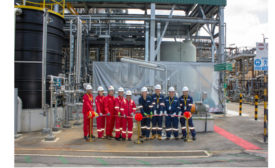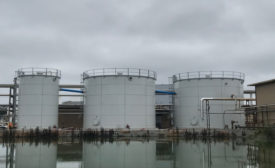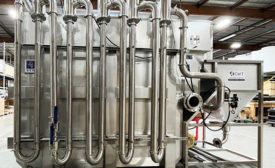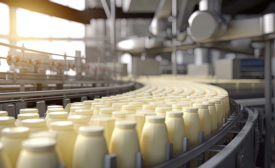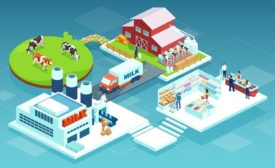Home » Keywords: » wastewater management
Items Tagged with 'wastewater management'
ARTICLES
Process Expo returning to Chicago
Expanded product discovery, a robust education track, interactive product demos, career development programs and more will be featured.
October 11, 2023
Advancing dairy wastewater treatment
Given all these factors, developing an effective solution to treat wastewater — whether to meet industry regulations or your business goals — is critical.
August 15, 2023
Conceptualizing the sustainable dairy plant of the future
Automation, clean-in-place promotes energy efficiency and sustainability on dairy production lines.
July 19, 2023
Optimizing dairy plant operations by managing wastewater saves money, resources
Effective management of wastewater can lead to major cost savings and production efficiencies.
June 19, 2023
Pumps and valves meet processor demands for safer and more efficient plants
The quest for more potent operating systems is leading to design enhancements.
March 24, 2023
Sustainability enters the dairy supply chain spotlight
Dairy processors can appeal to the large base of eco-conscious consumers by emphasizing sustainability throughout their supply chains, but compliance can be complex.
July 8, 2021
Dairy plants seek sustainability solutions
Dairy processors have a plethora of options to green up their operations.
June 24, 2021
Stay ahead of the curve. Unlock a dose of cutting-edge insights.
Receive our premium content directly to your inbox.
SIGN-UP TODAYCopyright ©2024. All Rights Reserved BNP Media.
Design, CMS, Hosting & Web Development :: ePublishing

